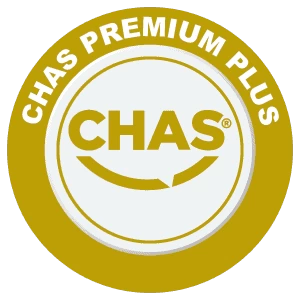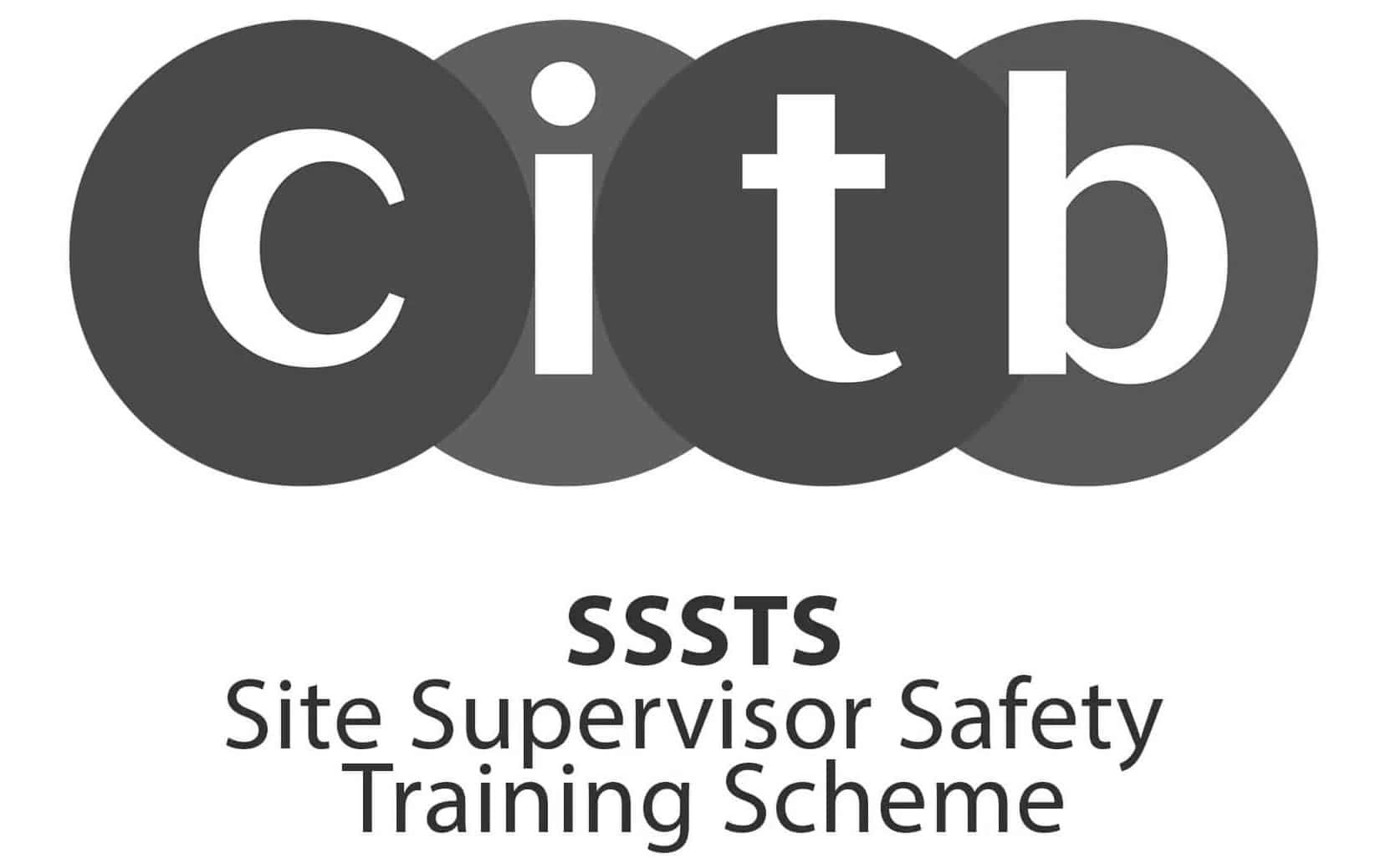All UK restaurants, supermarkets, caterers, and businesses manufacturing, handling, and supplying food must comply with food safety rules and regulations.
At any given point during the food production and distribution process, a business’s local council can perform an inspection without warning. Therefore, most regularly undertake regular food safety audits to ensure companies are prepared for a random inspection.
In this article, learn what a food safety audit is, and the steps auditors take to complete one.
What is a food safety audit?
A food safety audit is a systematic, independent, and documented activity in which objective evidence is collected and evaluated to determine if a food safety system is suitable and effective. On average, the process takes around 3 hours; however, this can vary depending on the organisation’s size.
Food audits are performed across the entire food industry umbrella, from primary production through to retail.
The different types of food audits explained
Within the food manufacturing and processing industry, there are three main categories of food audits:
- First party – Sometimes called an internal audit, the internal auditing resource or employees perform a first-party audit within your organisation.
- Second party – This type of audit is performed by an organisation with a pre-existing relationship, usually a supplier, customer, or contractor.
- Third-party – A third-party audit is carried out by an external organisation that has no direct relationship with the auditee, usually an independent body or auditing company.
The type of food audit performed will depend entirely on the organisation’s internal processes and the regulatory requirements they must adhere to.
What is the purpose of a food safety audit?
The primary purpose of a food safety audit is to notify business owners of the actions they must take to comply with food safety rules and regulations. Although there are various other reasons why businesses conduct food safety audits in the UK:
To obtain specific certifications or accreditations
Organisations must submit to frequent auditing to demonstrate that they are consistently working to meet the necessary food safety standards and requirements to receive or retain certain accreditations.
Commercial objectives
Many food processing and manufacturing organisations list food safety auditing as one of their internal commercial objectives. For some, performing regular internal audits allows them to monitor their food safety practices.
Customer or supplier feedback/complaints
If an organisation has received negative feedback from a customer or supplier, it must conduct a food safety audit to maintain relationships.
Receiving an inadequate score following a previous audit
If an organisation has previously failed an audit or received a negative rating, it must undergo a second audit to ensure they have employed any necessary adjustments.
Contractual requirements
Specific customer or supplier relationships may require an organisation to undertake regular food safety audits as part of its ongoing contract.
The food auditing process explained
The food auditing five steps process:
Step 1: Planning
In this step, an auditor will outline the clear objective of the food safety audit process, which includes what they will be auditing, what actions they will take, and how they will execute them.
Step 2: Execution
This is the evaluation process of the steps they have detailed during the planning phase. This usually consists of reviewing your operations, sanitation conditions, food safety practices, food safety management system, and documentation.
Step 3: Corrective and preventative actions
Auditors will outline corrective actions that outline the steps to fix the cause of any problems highlighted during the audit.
Auditors will also outline preventive actions, which are the steps businesses must take to fix the cause of the problem before it occurs.
Step 4: Verification
This audit stage assesses how well corrective and preventative actions work and whether they achieve their purpose as laid out during the previous step.
Step 5: Audit evaluation
This phase looks into whether the corrective and preventative actions have worked successfully.
Get in touch
Are you preparing for a food safety audit? We can help. We specialise in delivering detailed cleaning services to food manufacturing and processing sites before auditing.
If you are interested in our cleaning services for food and beverage manufacturing, please contact us today to discuss how we can help you.

















